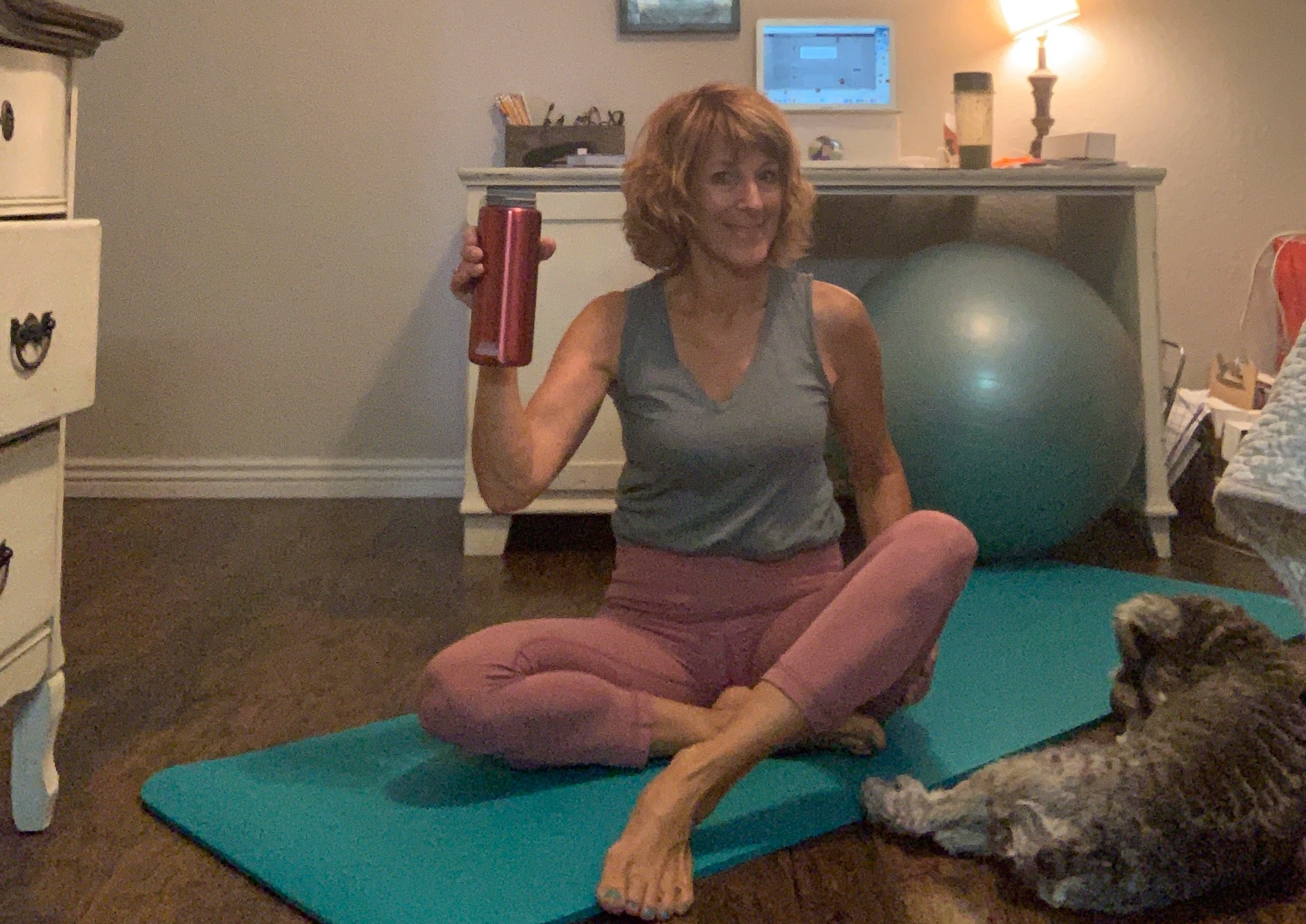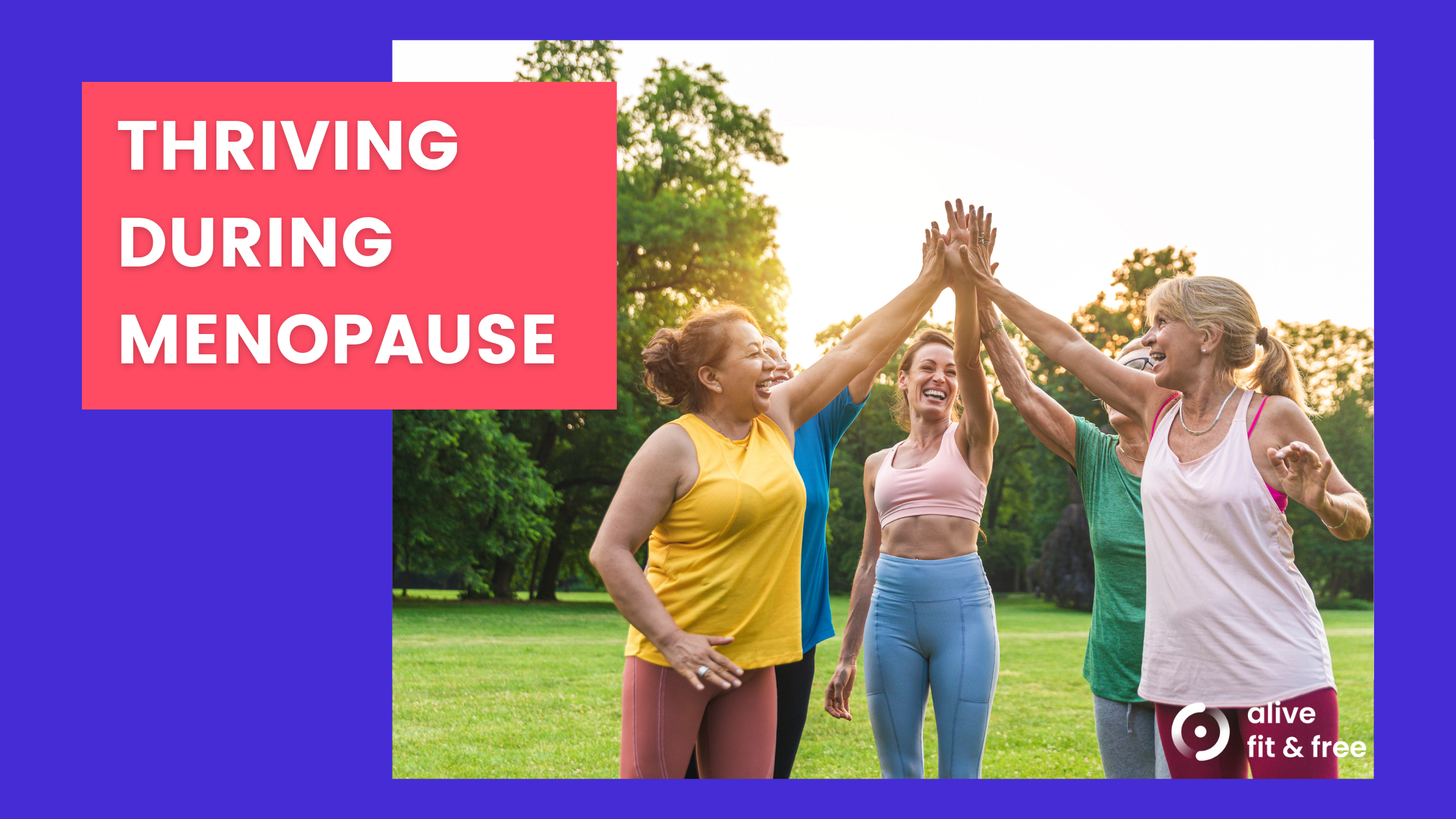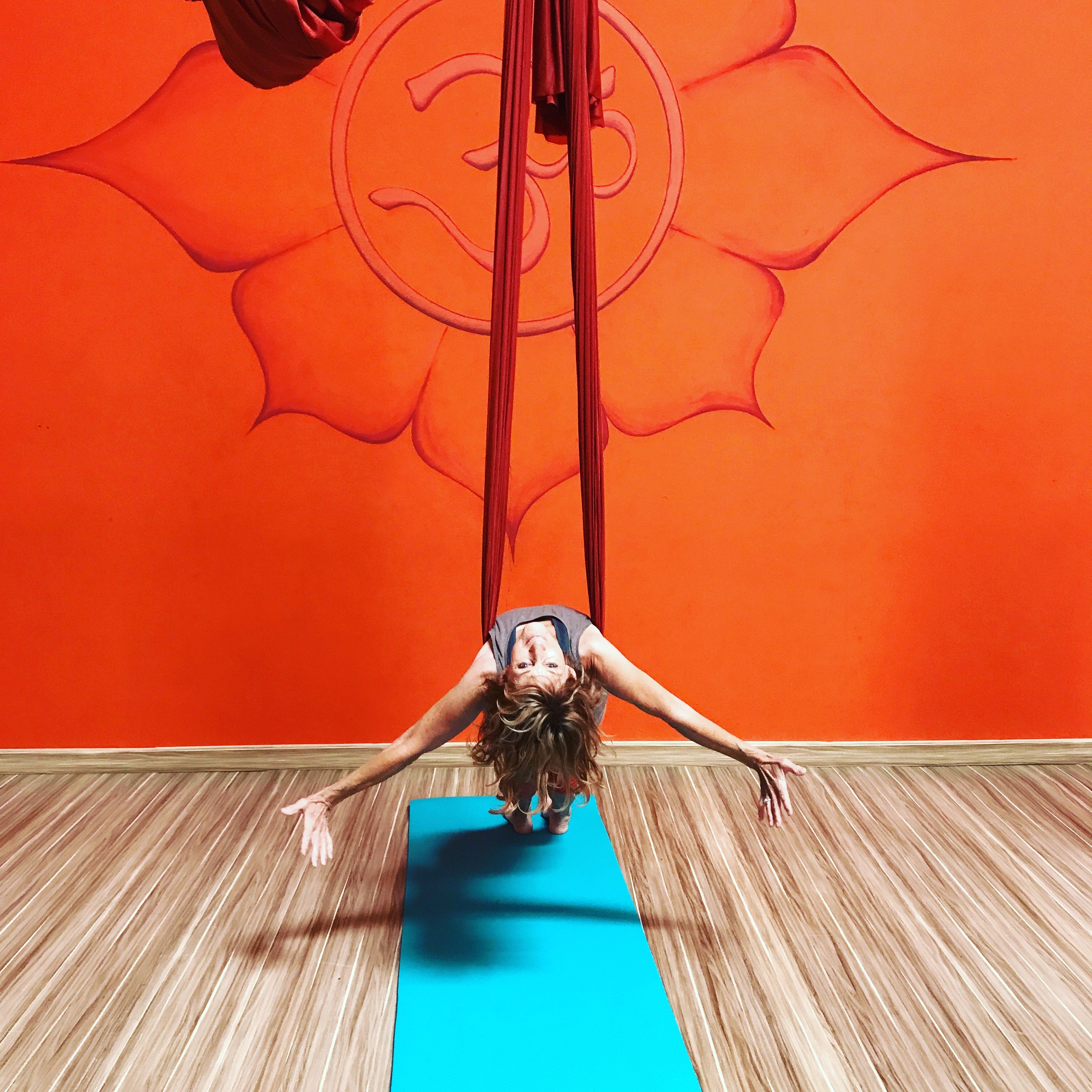Menopause is a natural stage of life that every woman experiences. It brings changes that can be challenging, but there are many ways to manage symptoms during this transition.
Let’s explore some simple tips on nutrition, exercise, and lifestyle that can help you feel your best every step of the way!!
Nourishing Your Body
Eating well is one of the most powerful ways to manage menopause symptoms. As your body changes, its nutritional needs do, too.

1. Boost Calcium and Vitamin D
Bone health is important during menopause since the drop in estrogen can weaken bones. Include more calcium-rich foods like dairy, leafy greens, and fortified orange juice. Vitamin D helps your body absorb calcium, so try to get sunlight exposure for 15 minutes a day or include foods like fatty fish and fortified cereals.
2. Eat More Protein
Protein helps maintain muscle mass, which often decreases with age. Include protein-rich foods like chicken, eggs, beans, and nuts in your meals. These foods not only help keep muscles strong but also keep you full longer, reducing cravings.
3. Add Healthy Fats
Healthy fats support hormone health. Include sources like avocados, olive oil, nuts, and seeds. These fats can also help reduce hot flashes and improve skin health.
4. Focus on Fiber
Fiber helps with digestion and can lower cholesterol. Whole grains, fruits, vegetables, and legumes are great choices. A diet rich in fiber can help manage weight and reduce menopause symptoms like bloating.
Staying Active
Regular exercise helps manage weight, boosts mood, and strengthens bones. Even light activities can make a big difference.

1. Strength Training
As we age, we naturally lose muscle mass. Lifting light weights or using resistance bands helps maintain strength. Aim to do this 2-3 times a week. Start with easy exercises, and gradually increase as you feel comfortable.
Our Strength & Balance class on Mondays is a great introduction to simple strength training.
2. Cardio for Heart Health
Walking, dancing, swimming, or cycling gets your heart pumping. This helps keep your heart healthy and reduces the risk of cardiovascular disease, which becomes more common after menopause. Just 30 minutes a day, five times a week, is a great goal.
In our Cardio Fitness Fun class on Tuesdays, we practice different moves every week. Plus our Zumba Gold class on Saturdays introduces easy-to-follow, low-impact choreography. Together, that’s 2 of 5 days covered!!
3. Yoga and Stretching
Yoga and stretching help with flexibility and reduce stress. Yoga has been shown to help with hot flashes and improve sleep quality. Start with gentle poses and focus on deep breathing to calm your mind.
Yoga for Daily Life Movement class on Fridays is a refreshing practice that gently warms up your body through breath work & stretching. On Mondays, you join us for Meditation & Sound Healing.
Lifestyle Tips
Beyond nutrition and exercise, lifestyle changes can make a huge difference in how you feel during menopause.

1. Get Enough Sleep
Many women find it harder to sleep during menopause. Try to stick to a regular sleep schedule. Keep your bedroom cool, and avoid screens before bedtime. Relaxing activities like reading or listening to calming music can help you wind down.
2. Manage Stress
Menopause can be an emotional time. Deep breathing, meditation, and spending time in nature can reduce stress. Even talking with friends or loved ones can lift your mood.
3. Stay Hydrated
Drinking enough water is essential, especially if you’re experiencing hot flashes. Aim for 8 glasses a day. Waters infused with lemon or cucumber can make drinking so much water a little more exciting.
4. Limit Caffeine and Alcohol
These can trigger hot flashes and disrupt sleep. Try to reduce your intake, especially in the evening. Swap your coffee for herbal tea. Chamomile and peppermint can be soothing, especially in the evening.
Menopause is a natural part of life, and with the right strategies, you can navigate it with confidence.
It’s important to stay in touch with your healthcare provider during menopause. They can offer guidance on treatments or supplements that might help.
Remember, every woman’s experience is different. Take the time to find what works best for you, and don’t be afraid to seek support.
By focusing on nutrition, exercise, and positive lifestyle changes, you can thrive through menopause and beyond. You’re not just surviving this stage — you’re thriving!!






